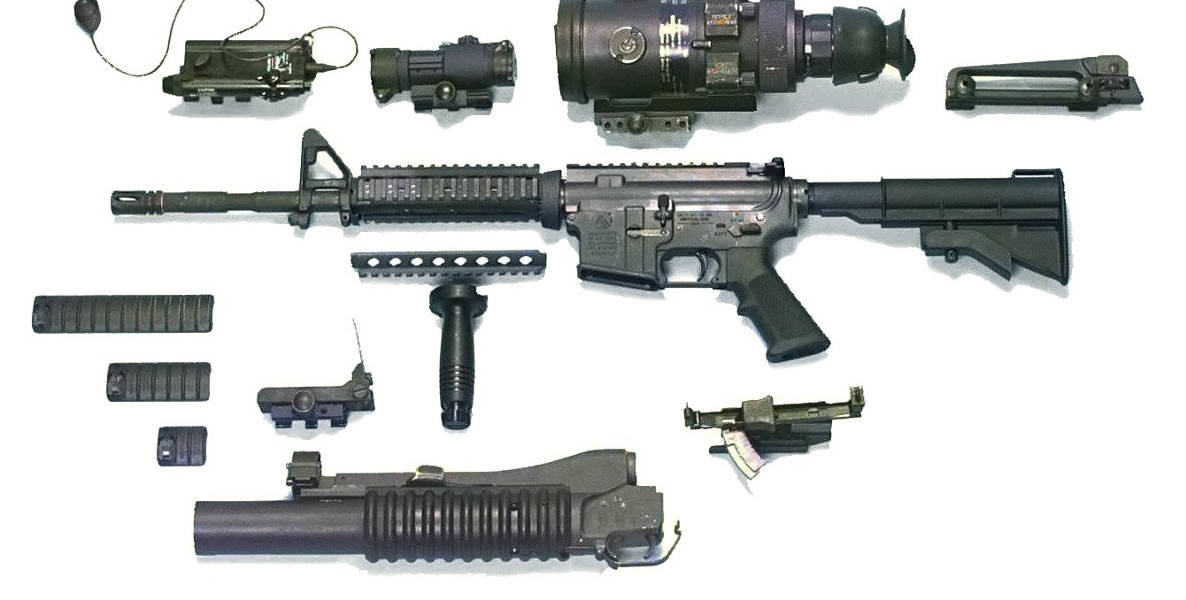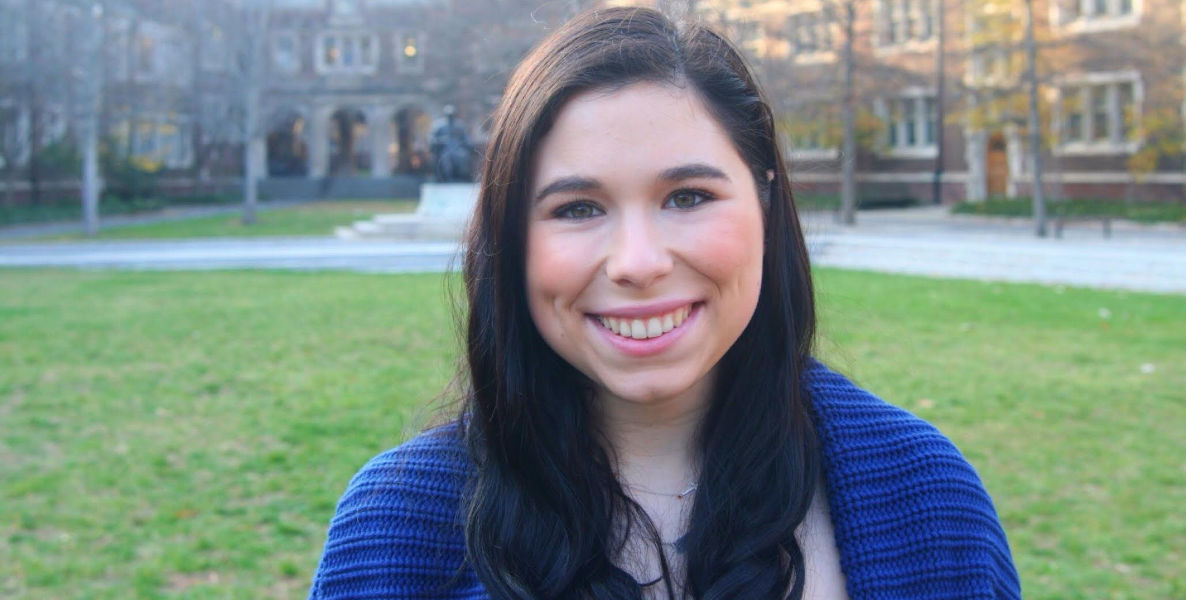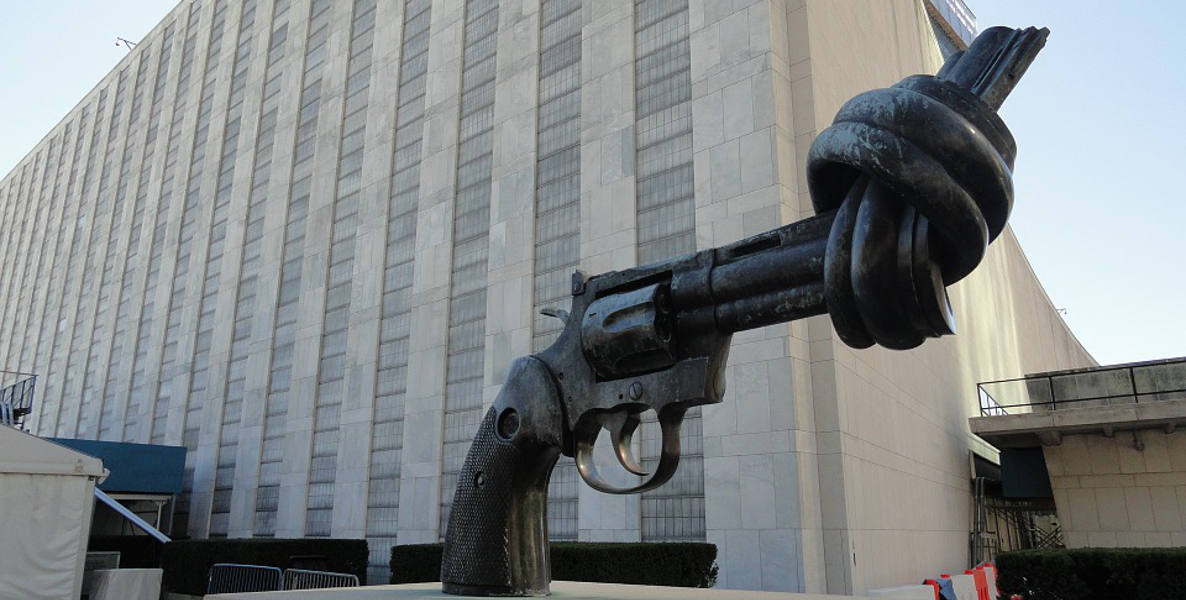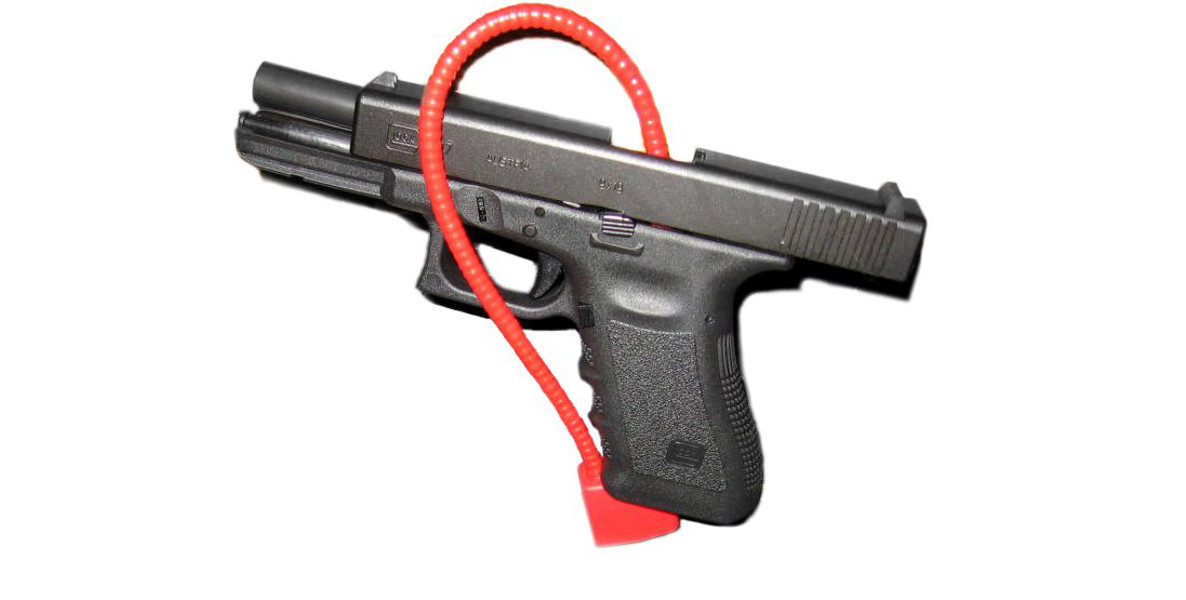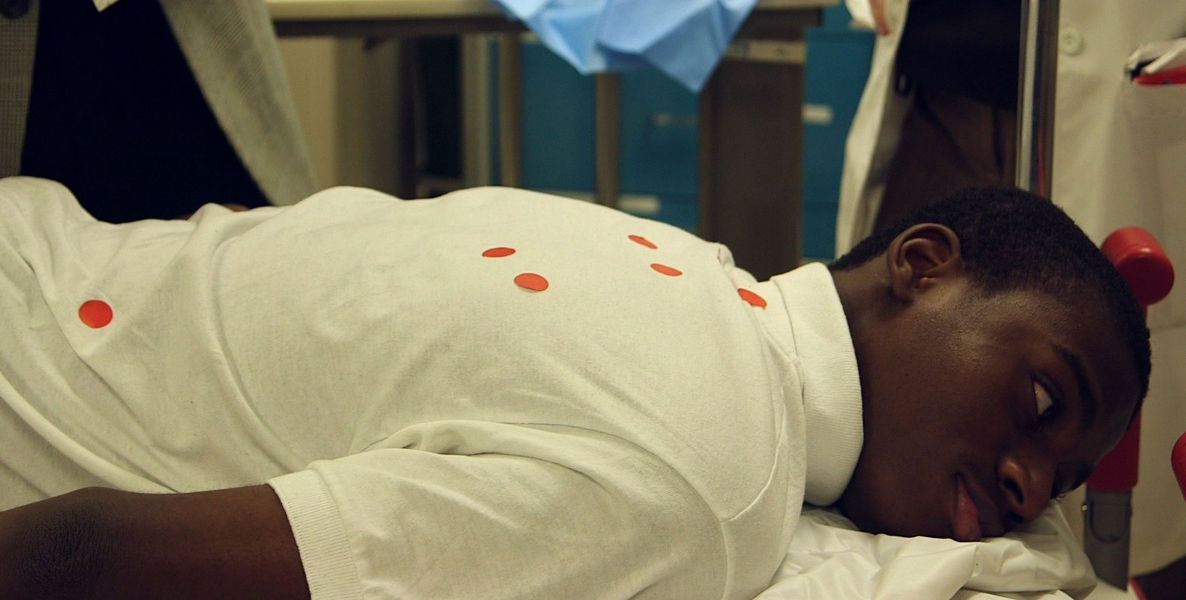In April 2014, in a West Philadelphia rowhome, a two-year-old boy and his 11-year-old sister were playing on the floor of their mother’s bedroom when they spotted a gun under the bed. The boy picked it up. He squeezed the trigger. And he shot his sister right through the chest, killing her.
This afternoon, City Council is expected to pass legislation intended to prevent such accidental shootings by mandating the safe storage of guns and ammunition, with violators facing fines and jail time. It seems, despite the expected arguments to the contrary, a reasonable gesture to keep kids alive and safe.
“Anything that we can do to compel people to secure their weapons we have to do,” says Scott Charles, trauma outreach coordinator at Temple University Hospital, who works with hundreds of shooting victims every year. “Children shooting themselves is devastating. There’s not much room for error in such small bodies. It is preventable, and we have a moral obligation to do that.”
“So many of these guys I see have guns,” Charles says. “And they often have kids. I tell them about what happens to a child when he’s shot, and about the guilt they’ll feel, and about how unlikely it is that you’re ever going to have someone assail you in your home where you wouldn’t have time to get the gun lock off.”
But will it amount to more than a gesture? Besides the likely challenge by the National Rifle Association, it would be hard to enforce. After all, cops are not planning to go door to door, inspecting how safely guns are kept in the home. Perhaps it will embolden prosecutors to file charges against parents, despite arguments that they’ve suffered enough from the death of their child. Perhaps it will encourage some adults, in some homes, to be careful.
Mandating gun security is only one step towards making guns safer. Boston, along with dozens of other cities, also gives away gun locks for free. In September, Mayor Martin Walsh announced a concerted effort to cut down on incidental gun deaths, including an initiative to give away free safety locks to every licensed gun owner through the city’s police department. San Diego, Fremont and Davis all give out locks and safety kits, through a partnership with the Justice Department and Project ChildSafe, a program run out of a gun manufacturers trade group. As in Boston, the giveaway is not just about the physical act of locking down a gun; it also offers the opportunity to remind gun owners about the basics of gun safety.
But for an even better way to really reach people who have unsecured, often unlicensed guns in their home, Philadelphia may need to follow an example from closer to home: Scott Charles.
Charles sees every patient at Temple who has been admitted for a shooting injury, most often young black men who often are gun owners themselves. He sees a lot of trauma wrought by guns. Still, the West Philly incident shook him deeply. And it prompted him to start investigating how to get gun locks into the hands of those who need them. He called a contact at the police department, and a few days later, she handed him a box with 100 free locks, which he’s given away to patients and to members of a reintegration from prison program who come to Temple for Cradle to Grave, Charles’ graphic scared straight anti-shooting program. This week, Charles returned to the PPD for another box of locks.
“So many of these guys I see have guns,” Charles says. “And they often have kids. I tell them about what happens to a child when he’s shot, and about the guilt they’ll feel, which is a life sentence, and about how unlikely it is that you’re ever going to have someone assail you in your home where you wouldn’t have time to get the gun lock off.”
And—this is key—Charles does not ask to see a license, or even insist that a recipient admit to having a gun. “I always say, it can be for your brother, or your neighbor,” he says, to give them an out. What matters is getting them to see the sense in securing their weapons.
Gun locks, of the kind Charles gives out, are cables that loop into the handle of a gun, to prevent a chamber from being loaded. They look like bike lock cables, with a lock and key. They are not the highest type of security; smart gun technology that would identify the owner of a gun has been stalled for years. (Pres. Obama announced an April that he is calling for a push to develop the technology.)
And to be clear: A gun safety lock would not prevent what happened over the weekend in Orlando, where the attacker apparently used his own AR-15 semi-automatic rifle to shoot 100 people—killing 50—in a nightclub. Nor will it prevent most of the nearly 300 homicides a year in Philadelphia, often committed by young men carrying illegally-obtained guns.
But they have proven effective in preventing suicides and accidental shootings, in particular of children. That is no small thing. The reasons for the 34,000 gun deaths in America every year are notoriously difficult to track. According to the Centers for Disease Control, around 530 people were accidentally killed by gunshots in 2013 (the most recent year reported), including 100 people under 18, and 50 under 13. Everytown for Gun Safety, a Bloomberg-funded gun control advocacy group, contends that in 2016 so far, 110 people under the age of 17 have accidentally killed or injured someone with a gun.
A gun safety lock would not prevent what happened over the weekend in Orlando. Nor will it prevent most of the nearly 300 homicides a year in Philadelphia, often committed by young men carrying illegally-obtained guns. But they have proven effective in preventing suicides and accidental shootings, in particular of children.
Every shooting involving children seems pointless and sometimes bafflingly frequent—like the one week in April, when four toddlers across the country shot and killed themselves, and another shot her mother while she was driving. In all those cases, the children found the guns, loaded and unsecured, at hand. In every case, a gun lock could have prevented the shooting.
None of this is news to Philadelphia. In 2000, then-Mayor John Street and then-Police Commissioner John Timoney announced a program to distribute up to 3,000 free gun locks to Philadelphia families, through a program run by a trade association for gun manufacturers. After that, the program ended, and now if you call your local police precinct, you won’t be able to get a gun lock. You can buy them at WalMart or gun stores, for anywhere from around $10. But Charles says the idea never occurs to his patients, who wouldn’t take the chance of buying a lock in public anyway. Nor would they ask a cop for a lock.
Charles has pioneered a way around that. Project ChildSafe, a program of the National Shootings Sports Foundation, has provided 37 million safety kits to police departments around the country since 1999, and since that time Spokesman Bill Brassard says the numbers of accidental shootings have continuously fallen. Brassard says Project ChildSafe only gives locks to law enforcement agencies because it has a limited number to give away every year. But he says those agencies are welcome to partner with community groups like Neighborhood Watch, churches, hospitals or neighborhood associations to get the locks to people who need them. There is no reason that couldn’t happen in Philadelphia, too.
“Securing a firearm, when it’s not in use, can help with more than accidents,” Brassard notes. “It can help deter thefts, and suicide. It’s the responsibility of every gun owner.”
Still, it’s quite likely that the NRA will try to fight this law, as it has every other gun legislation passed in Philadelphia over the last several years. (And, so far, it always wins, because of the state’s preemption law.) But there may be some precedent this time around: The debate over a more stringent gun safety law in San Francisco made it all the way to the U.S. Supreme Court last year, which refused to hear the case, effectively allowing the law to take effect. And Pennsylvania law already mandates that all handguns (only handguns) sold by dealers (only dealers) must be accompanied by a lock. (Only 11 states have such laws, though some are more wide-ranging.) This gives Charles a bit of hope for Philadelphia’s legislation.
In his years at Temple, Charles has seen 5,000 gunshot victims, only a handful of whom were shot in their own homes. Perhaps surprisingly, he is a gun owner himself. Not surprisingly, he has both a gun lock and a safe, to keep the gun out of the hands of his—very smart, very careful—daughters. It just makes sense.
“Last year, there were zero hours when there was a bad guy in my house,” he says. “There were thousands of hours in which there were children in the house. This is such an easy thing. No kid deserves to die because a parent didn’t think or want to put a gun lock on a gun. It’s a cliche, but it’s true: If this saves one life, that’s huge.”
Additional reporting by Gillian McGoldrick.
Header photo: Creative Commons



